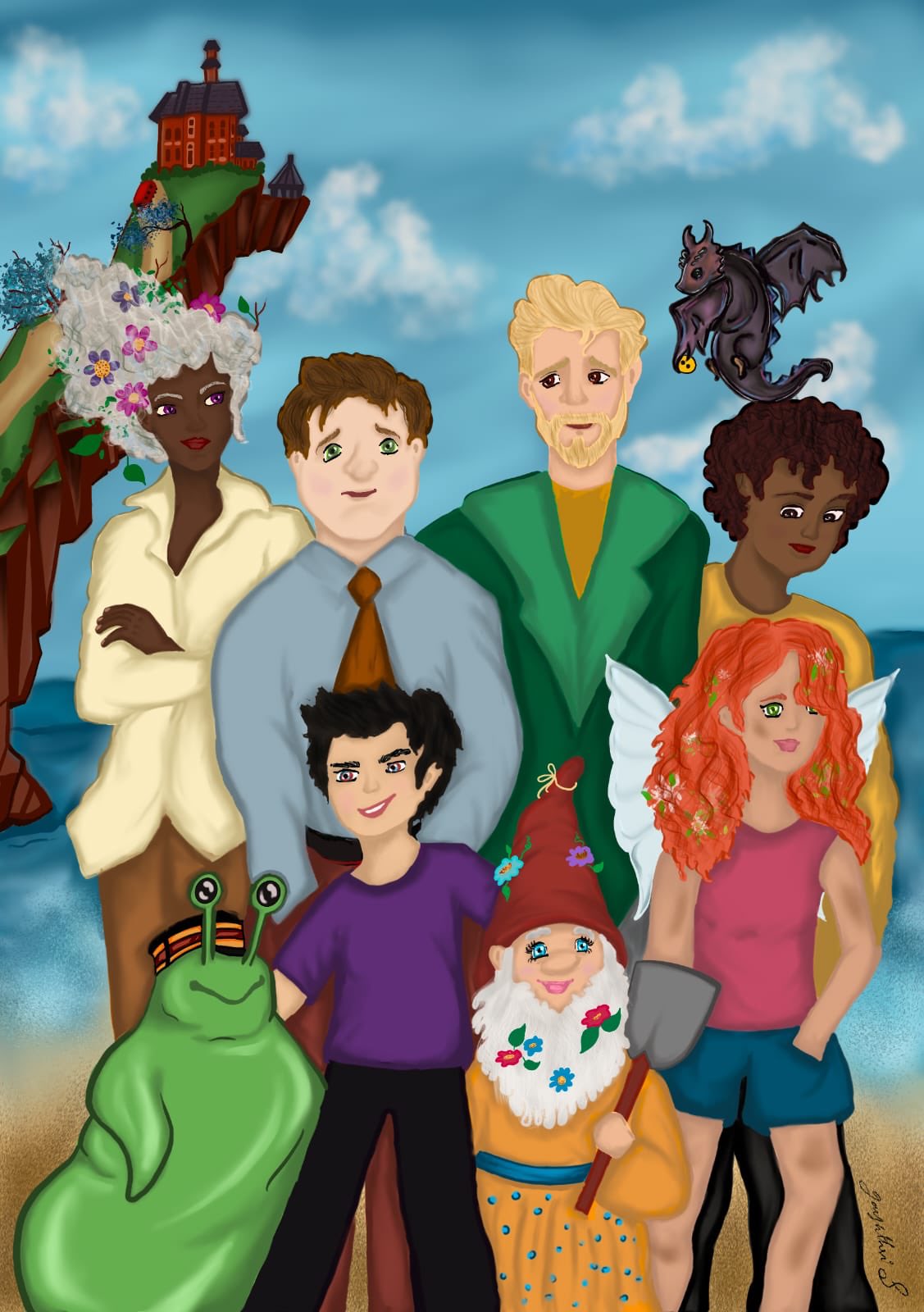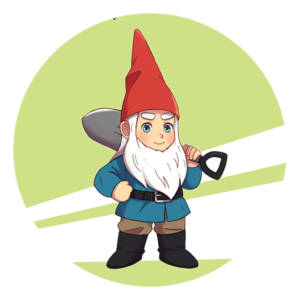When
identity politics begins to seem overwhelming you enough to want to get away
from it entirely, the go-to book is The
House in the Cerulean Sea by TJ Klune. It’s a go-to book on any bad day
when hope seems too far away, life doesn’t make much sense, meaninglessness
reigns, and peace is forgotten. To me, it was a return to the real world, a
world I had shut myself away from because it seemed too cruel and hopeless to
change. It was a resurrection of faith in kindness.
MASSIVE SPOILER ALERT
Linus Baker
works as a caseworker at the Department in Charge of Magical Youth. He visits
orphanages for magical children, interacts with the masters of the place, and
at times, with children if needed. He files a report recommending whether the
orphanage should remain as it is, or be shut down. He lives a quiet, solitary
life, abides by RULES AND REGULATIONS of DICOMY. He is so good at what he does
that he is selected by the Extremely Upper Management for a highly classified
job – to be a caseworker for an orphanage whose existence isn’t known because
one of the kids is devil’s son, the anti-christ. Along with him are five other
children who are unacceptable anywhere else. The master of that orphanage also
requires a report which is strange because Linus only studies the conditions of
living and children, not the masters. As his work duty will have it, he sets on
board a train to go to an island far away, seeing an ocean for the very first
time beyond his mousepad.
The one word for the house that Linus finds in the island is inclusive, once he gets accustomed to its inhabitants. Klune makes the physical appearances of the people very clear. Zoe is tall and dark and wears no shoes because she is an island sprite. Talia is a garden gnome, she is a round girl who has a long beard. She loves threatening trespassers with wanting to dig their graves. Theodore is somewhat of a tiny dragon, he flies really well, is learning the use of his legs, and absolutely loves buttons. Phee is a forest sprite who has wings. Sal is the oldest of them all at 14, taller and dark with a heavy built, turns into a Pomeranian when afraid. Chauncey is somewhat of a jellyfish whose gender is unknown. Chauncey dreams to be a bellhop while still trying to get out of the old life of being the monster under the bed. Finally, there’s Lucy(/ifer) who threatens people with the end of the world because it’s entertaining to look at people’s prejudices. Guarding these children is Arthur, charmingly tall, with wisest of words, and a past so dark that he chooses to work for it to be no one else’s present.
When Linus meets them, he is bound to look at his own prejudices, to look beyond appearances and remind himself that anything is possible and he doesn’t know everything. It’s not the appearances that he finds difficult to get used to, but the absence of rules known to him and presence of imagination and creativity. He couldn’t have imagined a differently disciplined life for himself, and most definitely didn’t consider kids should be left unsupervised for a couple of hours each day to pursue their own interest. Or go on adventures. Yet, in the course of his one-month stay he finds out that life can be so much more beyond his wildest imaginations.
He begins
to understand the politics between the ‘normal’ and ‘magical’ people. Normal
ones in the government claimed to protect the magical folks, help them adjust
to ‘normal’ life, live with ‘normal’ people. Magical folks questioned this need
to be trained into a life that’s not theirs. They want various forms of living
to co-exist instead of everyone having to follow just one set of rules that
might not be in their best interests.
The house
on the island is an example of equity over equality, nurture beyond nature.
Everyone gets to decorate their rooms as they please, suiting their interests
and requirements. They have common classes reading literature beginning from
Chaucer to philosophy of Kant to finding words for self-expression. They eat the same food. However, Zoe
helps Phee understand her powers because they are both sprites. Lucy lives with
Arthur, a walk in closet turned into his room, because he needs help with his
nightmares and some extra classes to control his powers. Talia finds an
experienced ‘human’ gardener, Helen, eventually to help with her garden.
The story
focuses on the idea that one’s birth or past doesn’t define one’s present.
There is always a way to change the stories that have been written with
prejudices. ‘We fear what we don’t understand’ becomes somewhat of a mantra in the course of
the novel. The island has been isolated for it is a residence to children who
found home nowhere else, meaning, they are seen as so dangerous that they
cannot be relied on to be amongst people of their kind or otherwise. One short
trip to the nearby village changes that. Children don’t fear them, their
parents take them away. The good and the bad is shown together, it’s not an
ideal world. There are people who want to harm magical children and there are
those who accept that they have been too blinded by their prejudices, by what’s
been fit in their heads rather than what they see and experience.
The story
preaches everything that the world should be from the eyes of an empath – a
place where everyone has hope, is given a chance to change their story, walk
beyond prejudices, dream a little, and become who they want to be. It takes
away the shame associated with being fat, having body hair, being different and
uncategorised. It focuses on turning rage and sadness, the ghosts of the past,
into something much more beautiful, turning into a space open to receive others
who don’t belong to certain labels. It doesn’t give up on people, doesn’t
define them by their one mistake. It looks them as a whole set of everything
they were, are and could become. There’s kindness.
TJ Klune builds
an alternate world without eliminating the problems of the real world. It is a
fantasy filled with love, desire, choices, and resilience. It celebrates
plurality without reducing everyone’s experiences to a singularity. They are
all children but their experiences are varied, the darkness they have seen
cannot be compared. And, yet, in the end they are children. If this doesn’t
bring one back to reality, then what does? All lives matter but all experiences
cannot be reduced to a box. Some people suffer much more than others because of
their race and gender. There’s prejudice that needs fighting, there’s
entitlement and privilege that needs to be called out. We are reminded of our
agency to change things around us. We might not be able to change the whole world
but we can make way for change in our own little ways, and sometimes in a
really loud way.
The
beautiful enchanting story with whimsical characters is a reminder that
children need spaces to make mistakes, learn, and dream. Even if many a times
these children are stuck in adult bodies. And love, love is pure and unbound
and people thrive in life when they let love guide them.
‘Sometimes you were able to choose the life you wanted. And if you were lucky enough, sometimes that life chose you back.’




Comments
You've expressed everything that this book stands for in such a lucid manner yaa!
Post a Comment